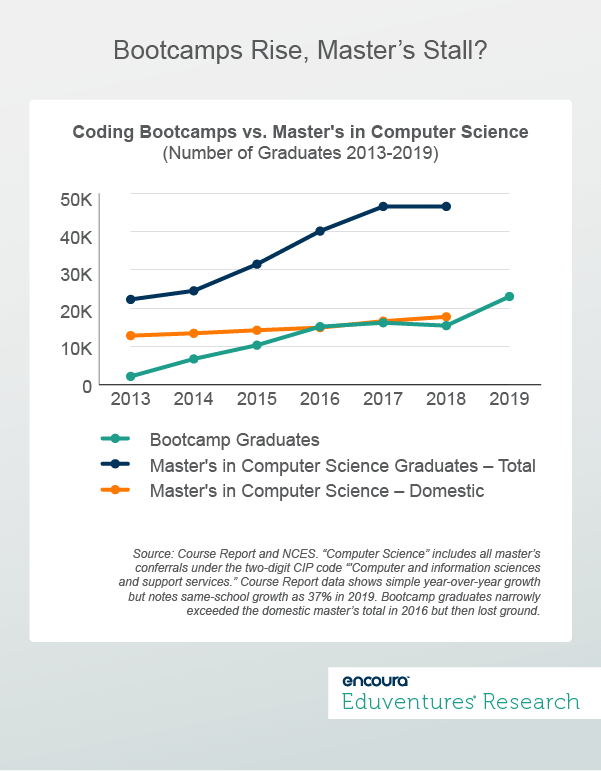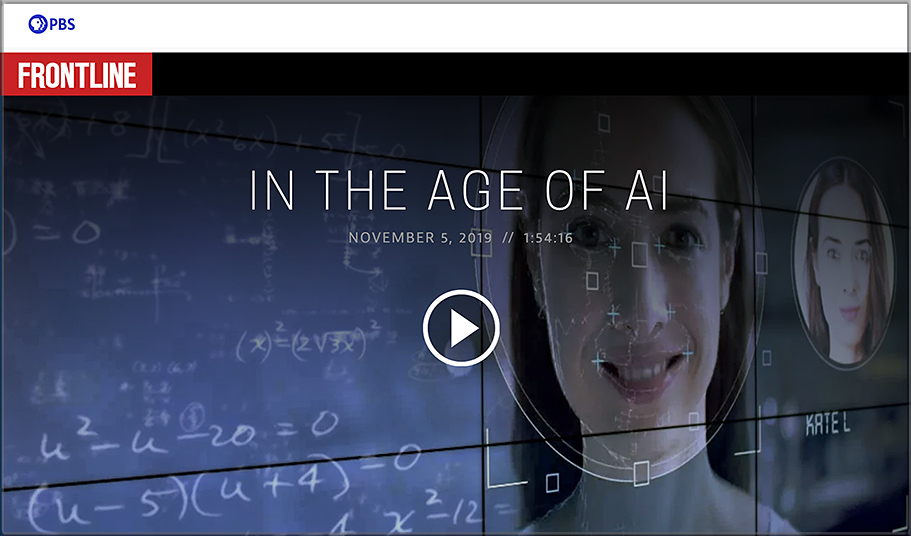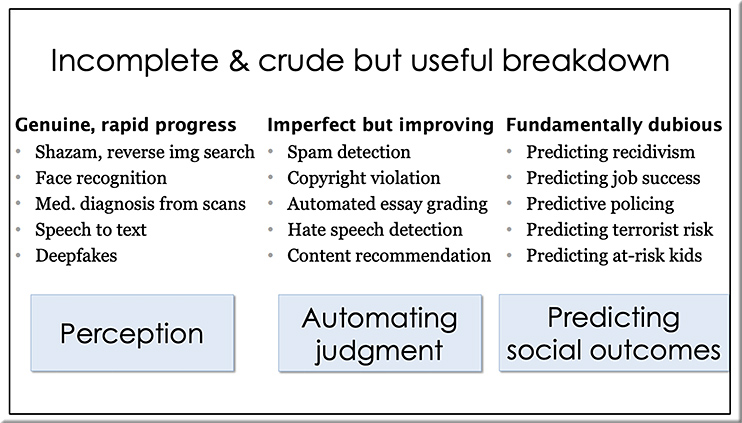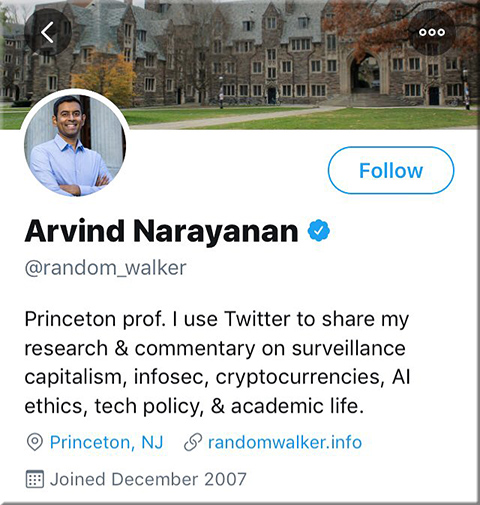The following information is from Rebecca West, Founder and CEO, Helium Communications
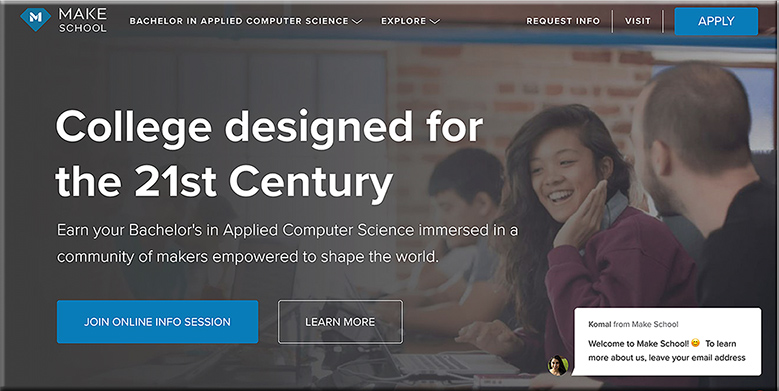
In the San Francisco Bay Area, scarcity of technology talent is an acute point of pain for many organizations. The SF Bay Area has experienced a remarkable 90% growth in tech employment and a 36.5% expansion in STEM jobs in the past decade. California’s tech workforce grew by more than 51,500 jobs in 2018, with well over half of them in the Bay Area. In the current business climate, the biggest barrier to growth for many organizations is their inability to find qualified job candidates, particularly in technical fields such as coding and computer science.
Ironically, many students graduating from US colleges and universities are still having trouble finding work because they don’t possess the skills required in the actual workplace. According to the most recent Global Information Workforce Study, the skills gap is only going to become more pronounced in coming years, with as many as 1.8 million IT jobs that could be left unfilled by 2022, a 20 percent bump from what the same study revealed two years earlier.
Make School is a college in San Francisco that’s working to level the playing field for underrepresented groups in tech. Make School is changing the higher education landscape with a unique model of deferred tuition that makes it possible for computer science students to gain the skills they need in order to find employment in the technology market without saddling themselves with huge amounts of debt.
Make School serves high school students entering college and transfer students (either from community colleges or from other four-year institutions). Accessibility to diverse populations is a key component of their offering. Make School offers a Bachelor’s degree in Applied Computer Science, teaching students to design, program, and launch software products while providing a foundation of liberal arts to ensure a lasting career. Students who graduate from Make School do not pay tuition until they have secured employment and are earning an annual salary of at least $60K.
With four years of positive student outcomes comparable to schools like Stanford and MIT, Make School has demonstrated the success of its model. Alumni currently work at companies including Facebook, Google, Apple, Zendesk, Y Combinator startups, and other leading technology innovators.
Fall and Spring semester tuition is $15,000. Summer semester tuition is $10,000. Total tuition for the bachelor’s program is $70,000.
From DSC:
I’d like to see the tuition come down for this school — especially as they are marketing themselves as a school that aims to help underrepresented groups in tech. Perhaps they’ll need to develop some satellite branches/campuses outside the San Francisco area in order to make that tuition reduction happen. As it stands, this is not much of a discount. That said, I do appreciate that they are trying to address the gorillas of debt on our graduates’ backs. Plus they are pursuing new business models, alternatives to the status quo, and are making efforts to address some of the numerous gaps in our society.









